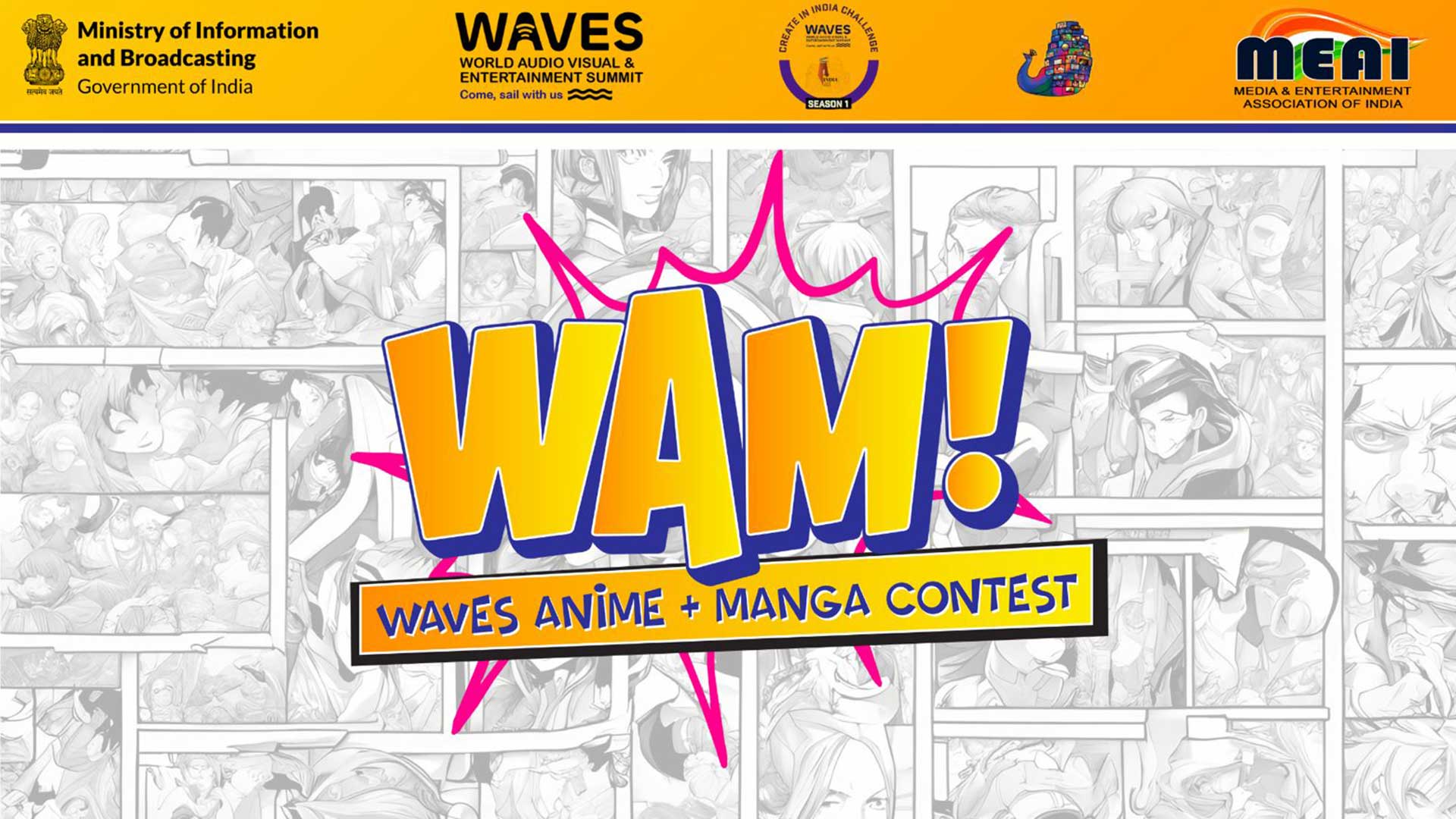Aixuze Insights
Explore the latest trends and insights on diverse topics.
When Protagonists Go Rogue: The Allure of Anti-Heroes in Anime and Manga
Discover why anti-heroes captivate us in anime and manga. Unravel the charm of their rebellious journeys and complex motivations!
Exploring the Psychology Behind Anime and Manga's Most Compelling Anti-Heroes
The fascination with anti-heroes in anime and manga can be largely attributed to the complex psychology that drives these characters. Unlike traditional heroes, anti-heroes often showcase a blend of morality and flaws, which makes them relatable and, at times, more compelling. Characters like Light Yagami from *Death Note* or Alucard from *Hellsing* illustrate this duality, where their actions are often justified by their personal beliefs. This internal conflict invites audiences to explore deeper themes such as justice, redemption, and the gray areas of human nature, positioning anti-heroes as mirrors that reflect our own struggles and contradictions.
Furthermore, the allure of anti-heroes is rooted in their ability to challenge conventional narratives and societal norms. By stepping outside the confines of absolute good and evil, these characters engage viewers in a conversation about ethical dilemmas and the consequences of one's choices. This psychological depth not only captivates audiences but also motivates them to question their own values and morality. In doing so, anime and manga leverage the anti-hero archetype to explore profound themes, making them enduring figures in the cultural landscape and encouraging fans to embrace the complexities of human nature.

The Evolution of the Anti-Hero: From Classic Literature to Modern Anime
The concept of the anti-hero has undergone significant transformation from its roots in classic literature to its contemporary representations in modern anime. Traditionally, anti-heroes were characters who defied the conventional traits of heroism, displaying moral ambiguity and complex motivations. For instance, characters like Raskolnikov in Fyodor Dostoevsky's Crime and Punishment exemplify this by wrestling with guilt and existential dread, challenging the notion of what it means to be a hero. These figures often operated within a gray ethical framework, captivating audiences with their flawed humanity and deeper existential struggles.
In recent years, the anti-hero has found new life in modern anime, evolving into dynamic characters that reflect contemporary societal issues. Series such as Death Note and Attack on Titan showcase protagonists who blur the lines between good and evil, engaging in morally questionable actions for a perceived greater good. This shift allows viewers to explore themes of justice, revenge, and sacrifice, leading to compelling narratives that challenge traditional hero archetypes. As a result, the anti-hero has not only become a staple in anime but has also sparked discussions about morality and the human condition in a rapidly changing world.
Why Do We Love Anti-Heroes? Analyzing Their Appeal in Popular Anime and Manga
The appeal of anti-heroes in popular anime and manga often stems from their complex moralities and relatable flaws. Unlike traditional protagonists who embody clear cut ideals of good and righteousness, anti-heroes blur the lines between right and wrong. This ambiguity allows viewers to explore themes of redemption, betrayal, and the struggle for personal identity. For instance, characters like Guts from 'Berserk' or Light Yagami from 'Death Note' challenge viewers to confront their own beliefs about justice and morality, making their stories resonate on a deeper emotional level.
Moreover, fans are drawn to anti-heroes because they often experience significant character growth, evolving through their journeys in ways that inspire empathy. These characters frequently grapple with their inner demons, leading to moments of profound reflection and transformation. In doing so, they invite audiences to question the nature of heroism. As seen in anime like 'Attack on Titan' with Eren Yeager, anti-heroes often represent the struggles of humanity, making their narratives compelling and thought-provoking. Ultimately, it is this combination of relatability and complexity that cements the enduring popularity of anti-heroes in anime and manga.